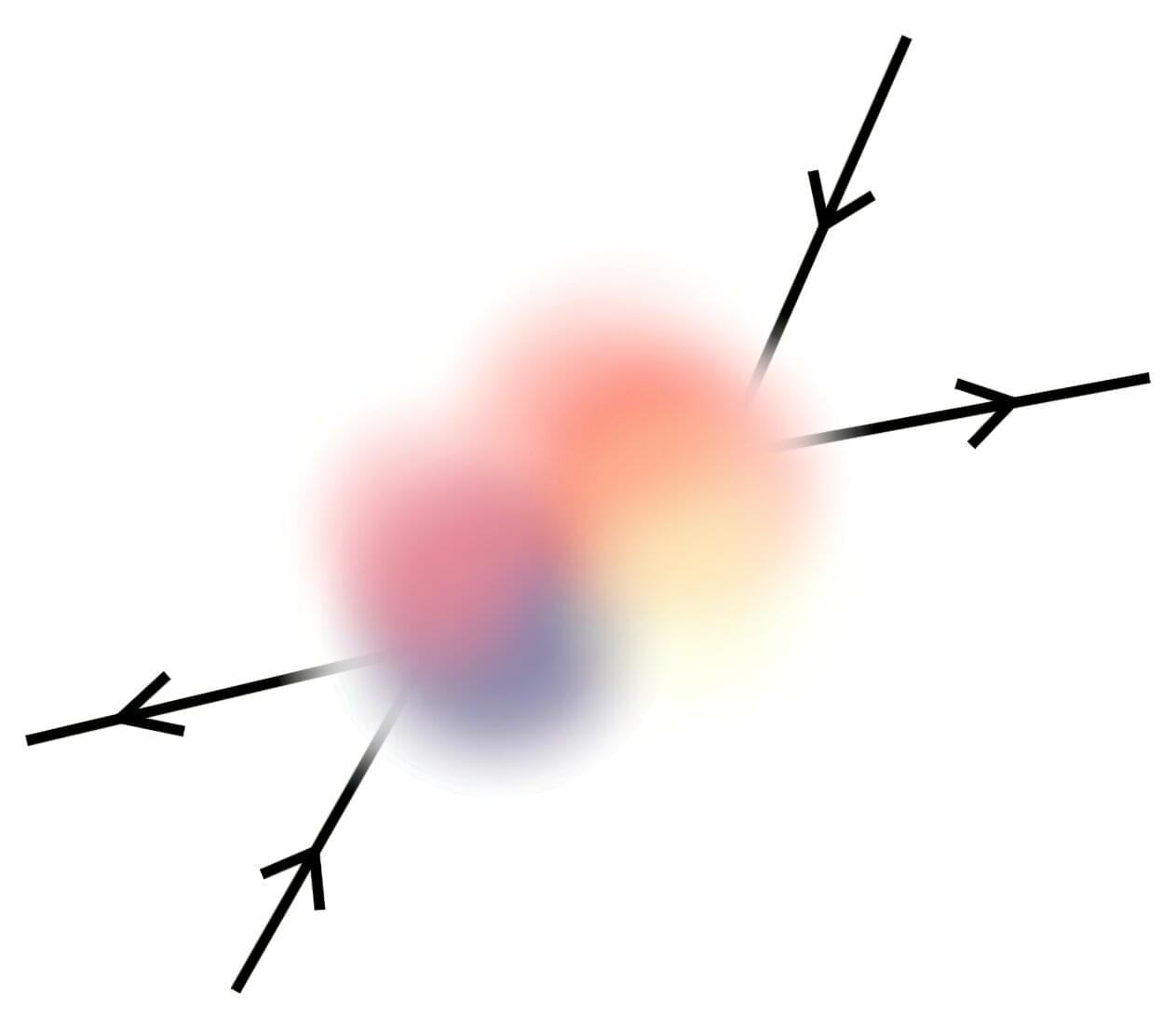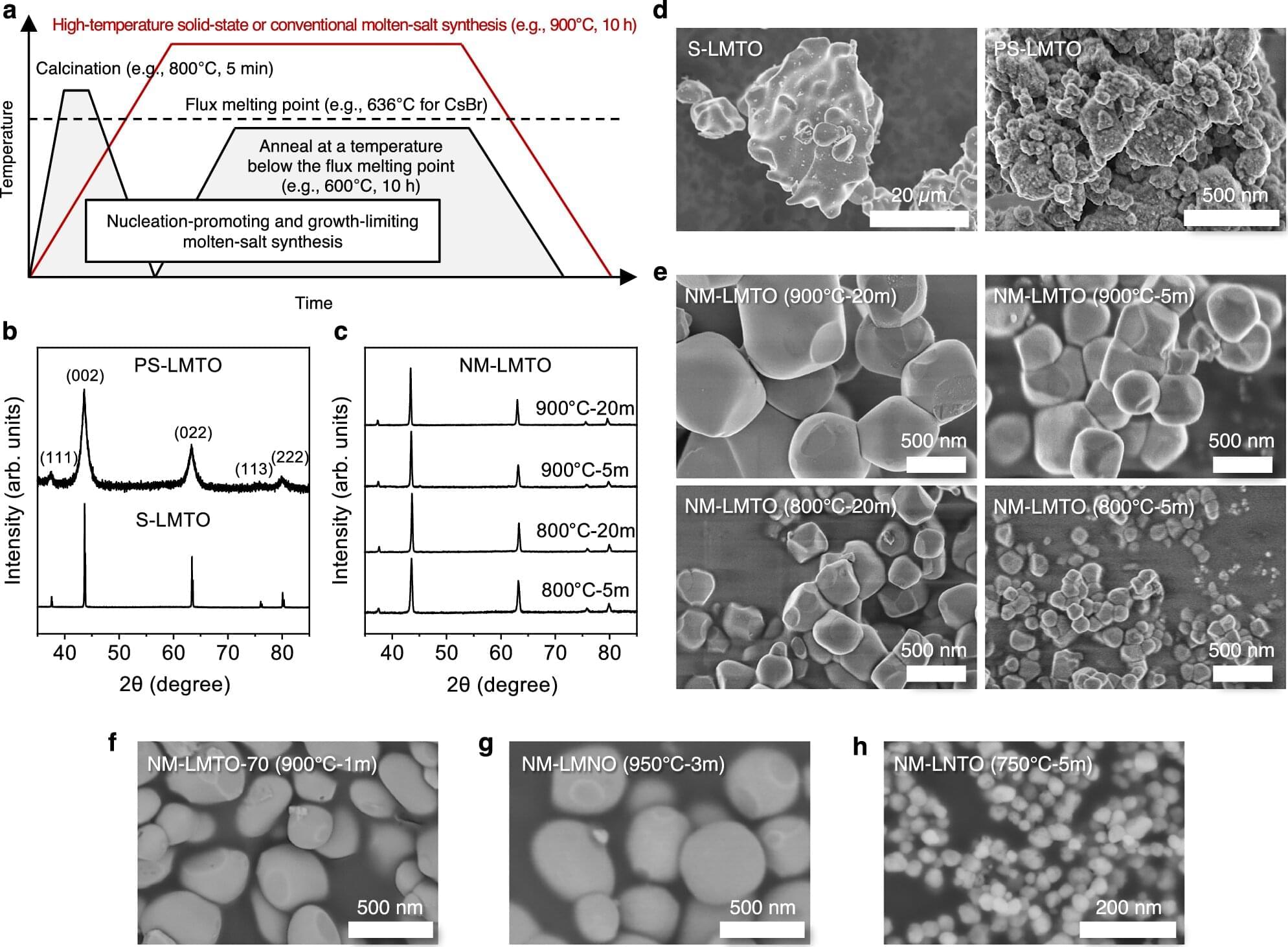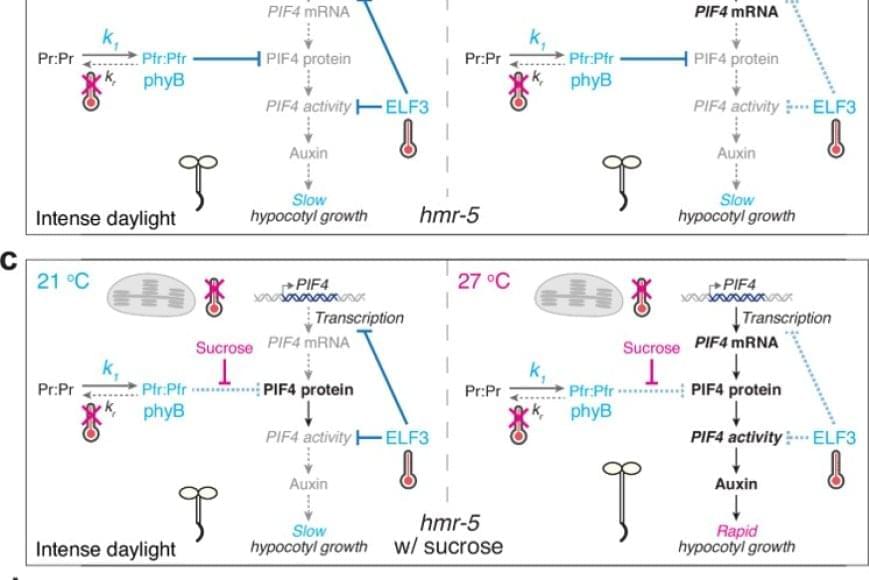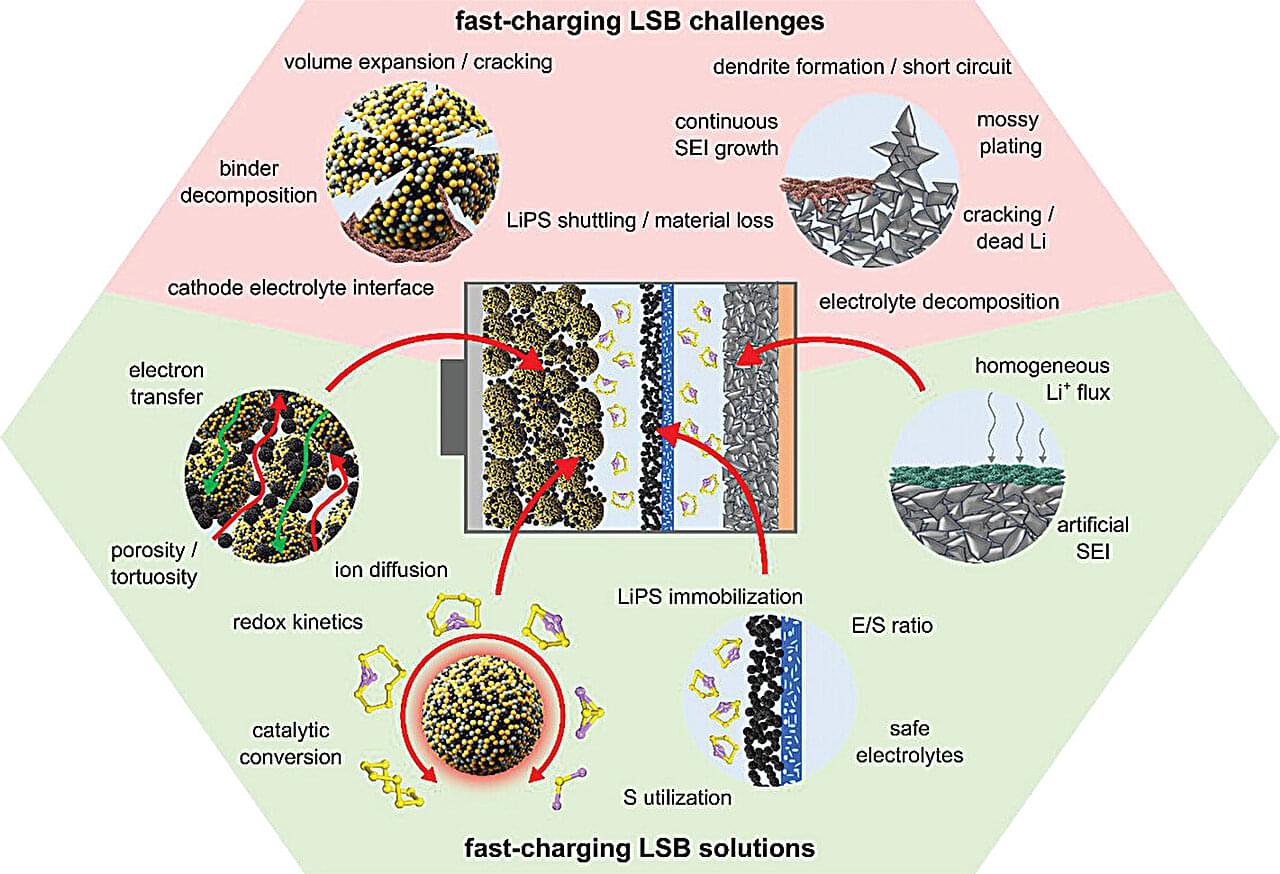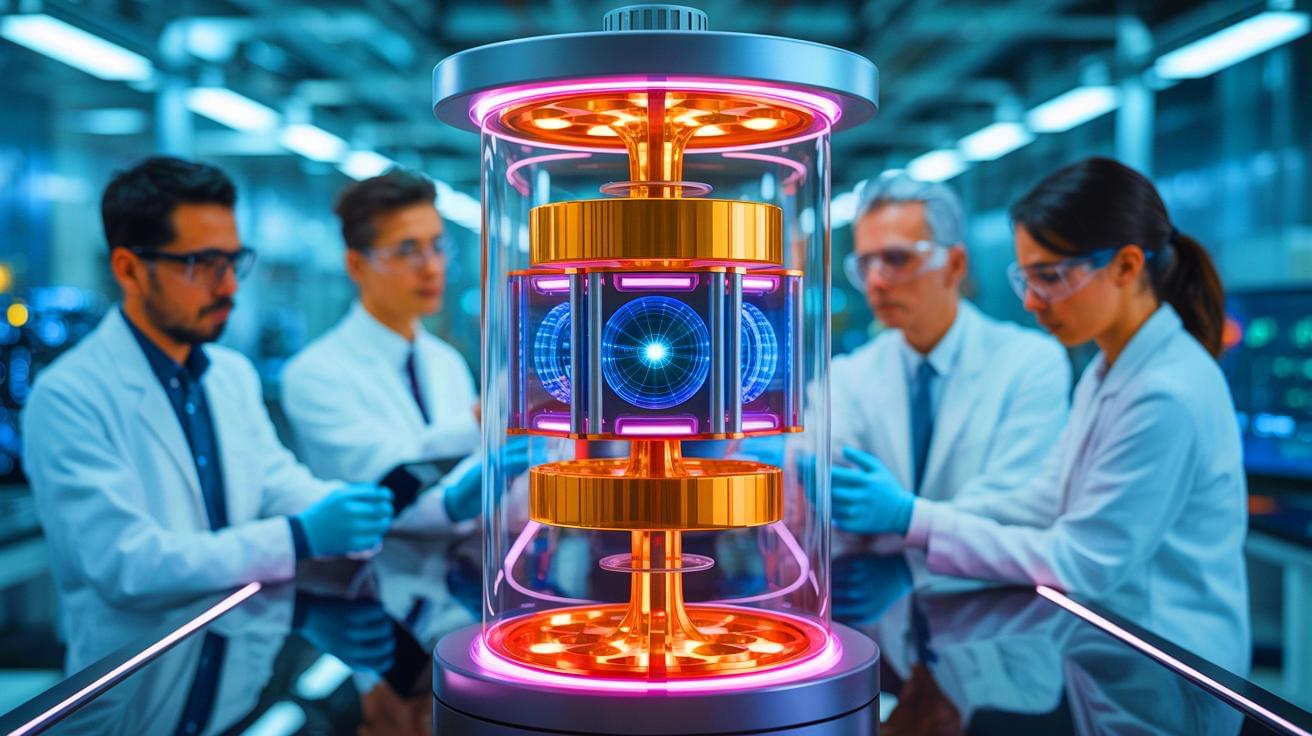Neutrinos are elementary particles that are predicted to be massless by the standard model of particle physics, yet their observed oscillations suggest that they do in fact have a mass, which is very low. A further characteristic of these particles is that they only weakly interact with other matter, which makes them very difficult to detect using conventional experimental methods.
The KATRIN (Karlsruhe Tritium Neutrino) experiment is a large-scale research effort aimed at precisely measuring the effective mass of the electron anti-neutrino using advanced instruments located at the Karlsruhe Institute of Technology (KIT) in Germany.
The researchers involved in this experiment recently published the results of a new analysis of data from the second measurement campaign in Physical Review Letters, which set new constraints on interactions involving neutrinos that could arise from unknown physics that is not explained by the standard model, also known as general neutrino interactions.
